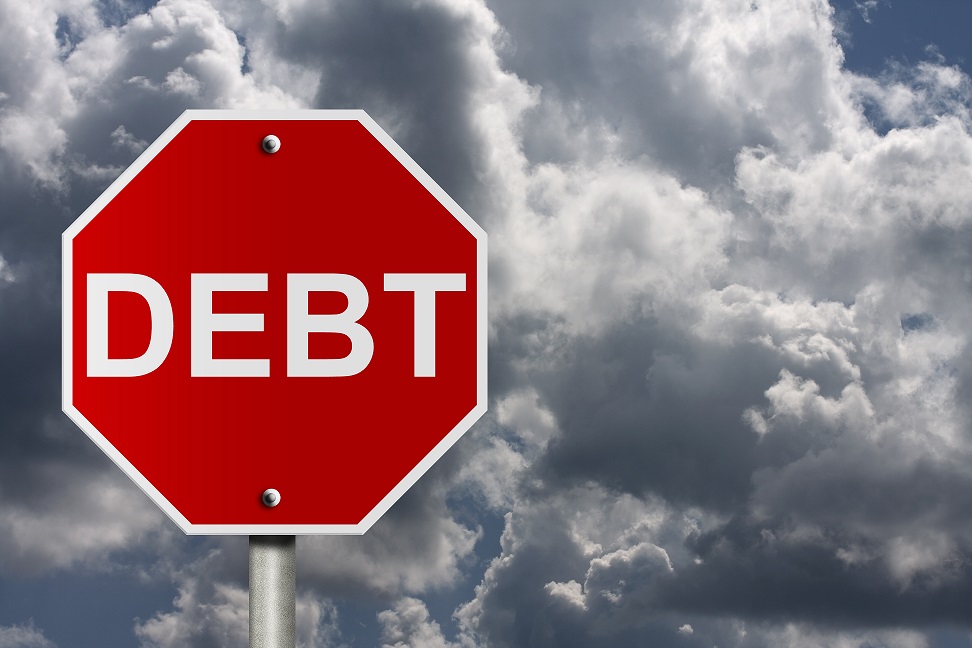Debt Consolidation Loans Canada
Looking for a debt consolidation loan? Search today and compare rates.
Apply
Our loan application is fast & secure. If you work or own a home, you're approved.
Pre-Approval
Once you've answered a few short questions, you'll receive pre-approval(s) in 60 seconds.
Choose Your Loan
You will be presented with a list of the top loan offers, pick a loan that best suits your needs.
Get Your Cash
Finalize all the details with your chosen lender to receive your funds as soon as the same day.
Applying For A Cash Loan With LoanConnect
Will NOT Impact Your Credit Score.
Debt Consolidation Versus Filing for Bankruptcy
When used responsibly, credit can serve as a stepping stone to the next point of one’s life. Borrowing allows individuals to obtain an otherwise financially out-of-reach education, own a home or purchase a new vehicle. Using loans to spread out the high cost of expenditures that promise future value is the epitome of responsible borrowing. Unfortunately, it’s easy to cross the line between responsible borrowing and downright reckless spending — which, it appears, the majority of Canadians have done.
The average household debt in Canada today is around 170% of disposable income. That means for every $1 the average income earner makes, he or she owes $1.70 in debt. This income to debt ratio has forced many Canadians to file for bankruptcy. While bankruptcy can help you achieve a debt-free existence, you should make the decision to file only once you’ve explored all other alternatives. One such alternative is debt consolidation. Read on for a comparison of debt consolidation and bankruptcy.

Can Debt Consolidation Save You Money?
Debt consolidation involves combining all or most of your debts into one, single debt. Doing this serves multiple purposes, the most beneficial of which is that it reduces the amount you owe in interest. For instance, say you have 10 different credit cards with varying APRs, an auto loan with interest and a mortgage loan with interest. Assuming all credit cards carry balances, you’re likely paying hundreds of dollars in interest each month. However, say you were to consolidate all your credit card debt onto a single balance transfer card. You have effectively reduced the number of interest payments you make from 12 to three.
You can further reduce your interest by taking out a personal loan. If approved for a sizeable loan, you can consolidate all your credit card debt and your auto loan debt so that you can pay interest only on your mortgage loan and personal loan.
So, can debt consolidation save you money? The short answer is, yes, it can.
On the flip side, bankruptcy can also save you money. If you file for Chapter 7, most of your debt disappears, thereby giving you a fresh start. If you file for Chapter 13, you make affordable payments to a bankruptcy trustee, who pays creditors in order of priority. After three to five years, any remaining debt is discharged, again saving you money.
Will Debt Consolidation Affect Your Mortgage?
Debt consolidation should have no bearing on your mortgage. So long as you make timely monthly payments towards your consolidated loans and your mortgage, your mortgage lender will never be the wiser.
Bankruptcy, on the other hand, may affect your mortgage. If you go the Chapter 7 route, there is a very real possibility that you will lose your home. If you opt for Chapter 13, however, you will continue to make your mortgage payments as normal. If you are behind on your mortgage, you can use Chapter 13 to catch up.
Will Debt Consolidation Stop a Lawsuit?
Yes, debt consolidation can stop a lawsuit. Collectors merely want to be repaid for what they let you borrow; they do not care how you repay. Whether you repay your debt using a balance transfer card, personal loan or a debt management program, any form of payment is favorable to a costly lawsuit.
Likewise, both Chapter 7 and Chapter 13 bankruptcies can stop lawsuits. When you file for bankruptcy, an automatic stay goes into place, which provides legal protection against any collection actions.
Can You Get Debt Consolidation If You Have Poor Credit?
Poor credit does limit your debt consolidation options. If your credit score is mediocre, you may qualify for a personal loan or balance transfer card. However, the interest rates may be high, making neither option worth the hassle. If your credit is truly poor, debt management and bankruptcy may be your only options.
Can Debt Consolidation Hurt Your Credit?
Debt consolidation itself does not hurt your credit. In fact, if you go the balance transfer or personal loan route, it can boost your credit. This is because both a new credit card and a debt consolidation loan increase your available credit and reduce your utilization rate.
Bankruptcy, on the other hand, does affect your credit. Depending on the type of bankruptcy you file, your credit score will drop by between 160 to 220 points. The negative marks will stay on your report for seven to 10 years.
Is Debt Consolidation Good for Bad Credit?
As addressed in the previous answer, yes, debt consolidation can be good for bad credit. Again, however, whether your credit goes up or down depends on your spending habits after consolidating your loans. The more you put on credit, the worse your situation will get. However, the more you pay down your debt in a timely fashion, there’s only one direction your score can go, and that’s up. Bankruptcy, on the other hand, will initially make bad credit worse, then allow you to build it back up.
Debt consolidation has many advantages over bankruptcy.
Which you choose, however, ultimately depends on your ability to repay your
debt. If you cannot make minimum monthly payments, bankruptcy may be the only
option for you. If consolidation is an option, however, use our personal
loan search engine to explore viable options.
